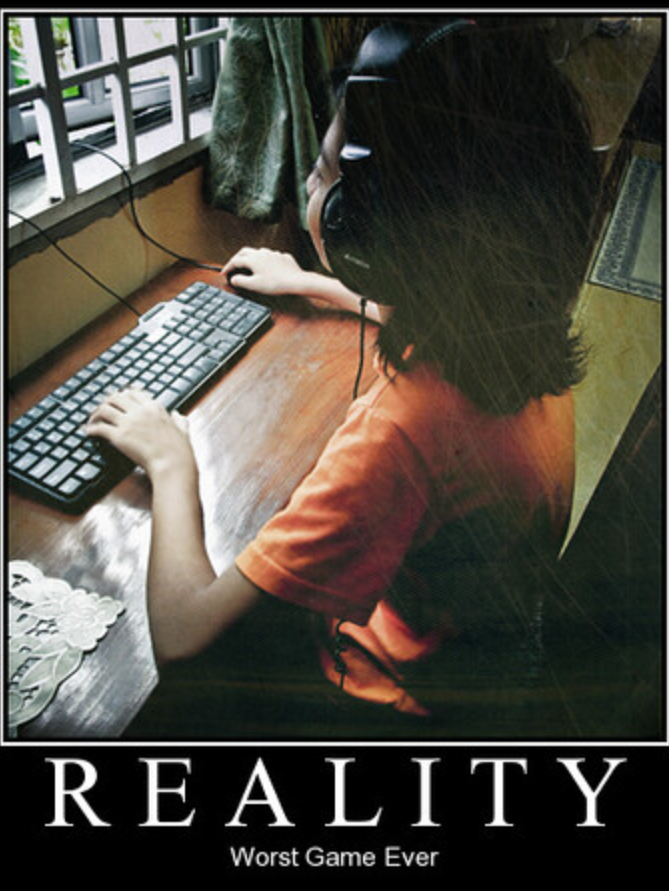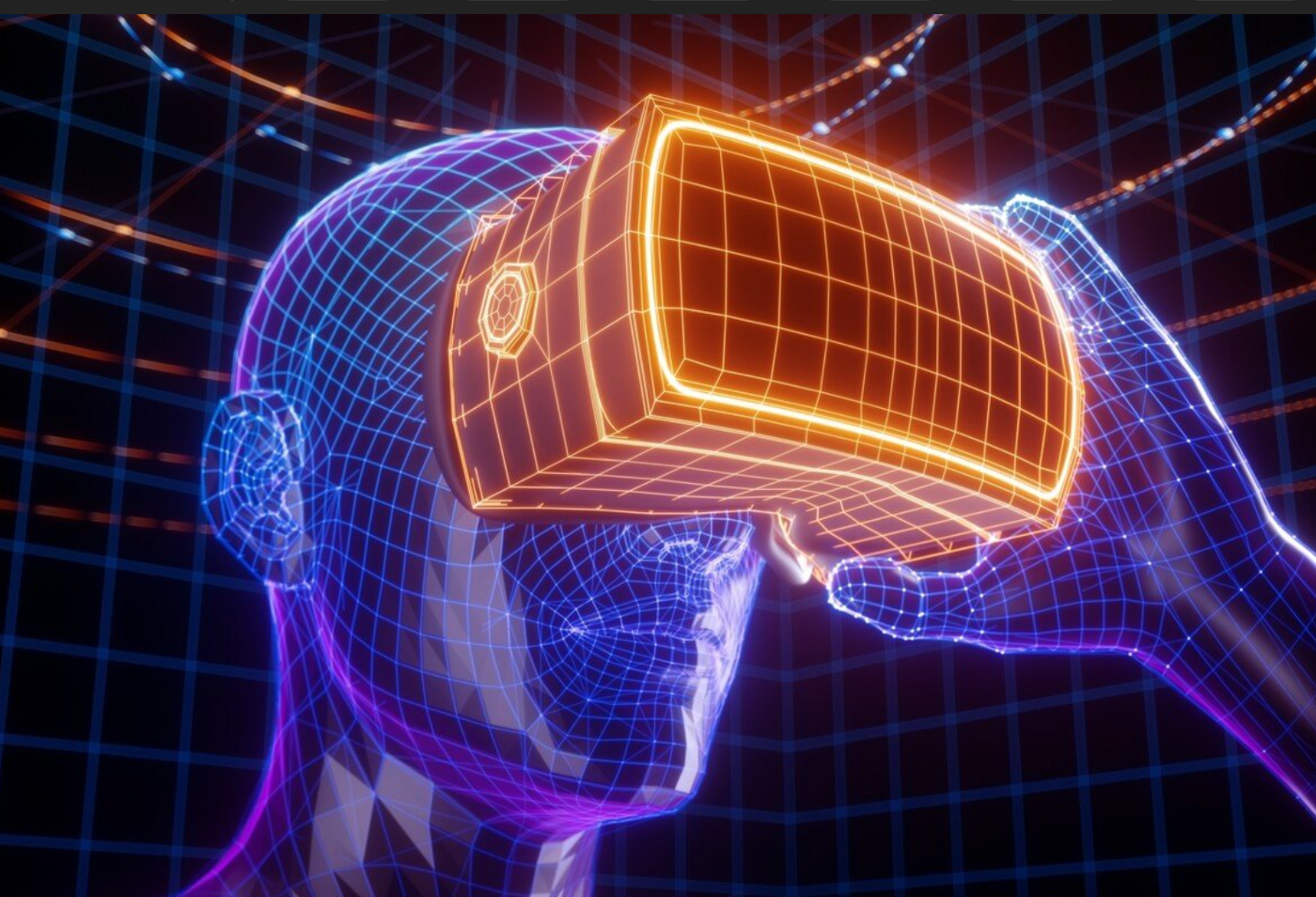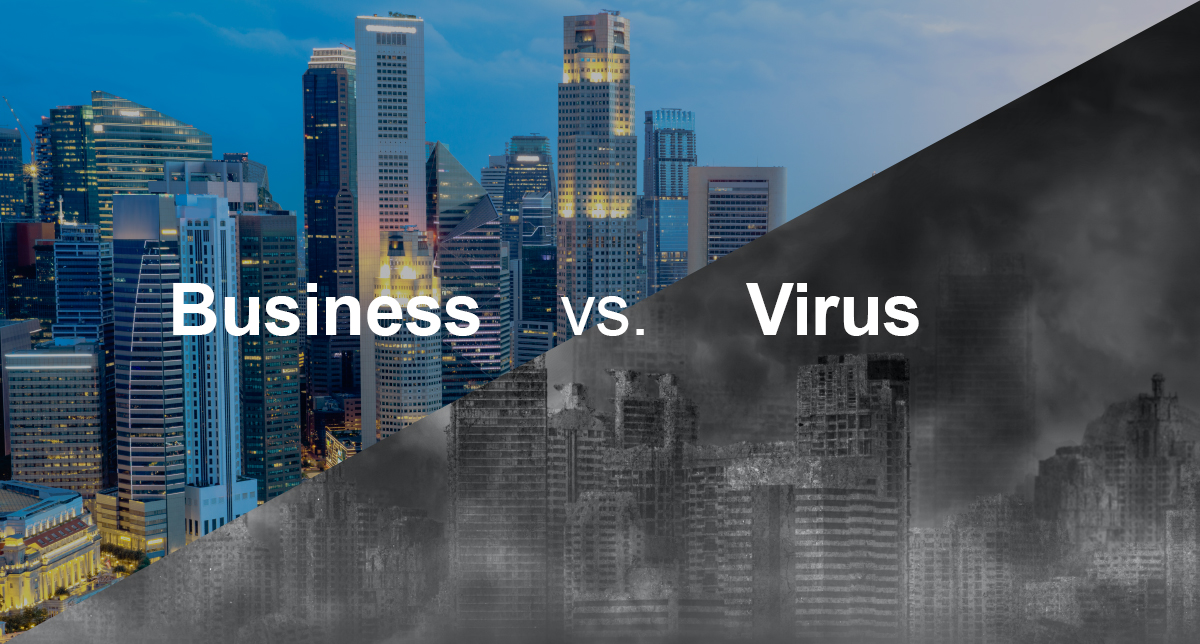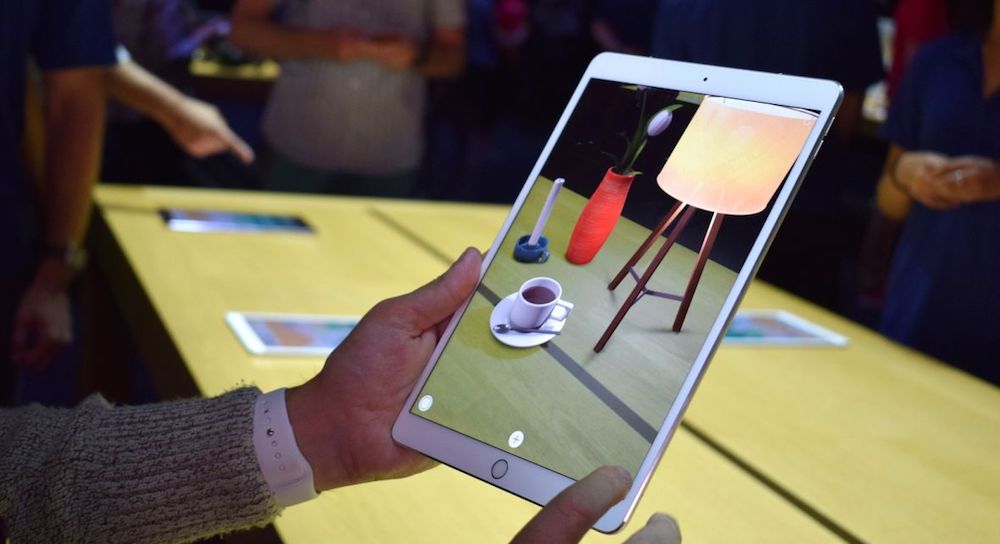You might have heard that Facebook is now called Meta because it wants to focus on the “metaverse”. According to critics, this is a cynical re-branding of a tarnished product. According to Mark Zuckerberg, this is the future.
So what is the metaverse?
“Metaverse” is the conjunction of two words: meta and verse. The verse part is easy: it’s a contraction of universe. Meta, in this context, has a similar meaning to metaphysics — “transcending” or “transforming”. Put them together and you get “something that transcends and transforms the universe”. Zuckerberg didn’t invent the word. It comes from a 1990’s cyberpunk novel by Neal Stephenson called Snow Crash.
Semantics aside, what does it really mean? The metaverse will be a platform in the future in the way that the Internet is a platform today. Just as the Internet delivers services today, the metaverse will deliver services tomorrow — in 3D. The metaverse will be a collection of new technologies that include virtual reality, mixed reality, augmented reality, Blockchain and cryptocurrency — knitted together by billions of lines of code. Extended Reality (XR) is the collective name for the three types of reality: Augmented Reality (AR), Mixed Reality (MR) and Virtual Reality (VR). AR, as the name suggests, doesn’t change reality, it just adds things. Think Pokemon Go on your smartphone. MR also combines the real world with the virtual but lets you interact with the environment. A virtual keyboard that lets you type (real words) using Microsoft’s HoloLens is an example of MR. VR is completely virtual, where everything is digitally generated and the real world is excluded. Although most of the hype is around VR, AR and MR will play a role in the metaverse.
Zuckerberg has big plans. He’s pledged “tens of billions of dollars a year” for the next five to 10 years. He recently announced the creation of 10,000 new jobs in Europe, dedicated to the metaverse. Microsoft and Disney have made similar (if less firm) commitments.
Now imagine it’s 2030
You waken at 8am to the sound of your smart speaker’s alarm. You’ve not worked in an office since the Great Pandemic of 2020 so you have a well-established routine. It’s a little harder than usual to get out of bed this morning. You were out last night and you drank too much. Well, you weren’t actually out. You were at a gig on your VR headset until 2am. But the alcohol was real — and so is your hangover. The gig was great. You met two friends and enjoyed the show, along with another 100,000 people. The music was fantastic and the visuals were incredible. The ticket cost $20.
You have to shower, dress and eat before your first meeting at 10.00am. Actually, you don’t have to dress since your avatar has a nice selection of outfits but you pull on tee-shirt and pants anyway. You strap on your VR headset just after 9am. You don’t have a PC any more. You recently gave it away. Nineteen voicemails are waiting for you but most can be dismissed with a flick of your wrist. You dictate a response to three and forward a fourth to a colleague (with voice annotation from you). The meeting is coming up…
You choose one (of many) smart/casual outfits from your inventory before “reading” some of the papers you should have read last night. You don’t actually read anything; everything is spoken to you. You like to speed up playback (1.5 times normal speed) to save time — double speed for anything from Colin from Procurement. Your work avatar is different from the one you used last night. Your colleagues would be shocked to see your “alt” (alternative avatar) but you suspect their alts are no better (you once bumped into Sally’s alt in a nightclub). Your business avatar is a pretty accurate 3D rendition of how you actually look. They say that high fidelity avatars (indistinguishable from the real you) are coming soon.
The meeting goes well. You’ve agreed to develop a prototype product along with Janella (Manila), Felix (Hamburg) and Elisa (Madrid). Real-time translation means that everyone speaks in their native language; you’re still impressed with the way their lips sync to English (your language). You work in the “old economy” and produce real things for the real world. But you know the smart people work in the “new economy”, designing and creating virtual products and services, which is why you’re learning to code (RapidScript VR). The rest of the day comprises the usual mix of meetings and work. You finish preparing an important presentation and attend your last virtual meeting at 2pm before taking off your headset at 3 o’clock. The headset is meant to be “comfortable all day”, according to the manufacturer, but you get tired after four or five hours. Apparently, the next generation will be better.
Colin is retiring and his leaving party is this evening. He’s chosen a Gothic-themed “sim” (simulation) for the party so you have to check if you’ve got something appropriate to wear. Why doesn’t he have his party in a (virtual) pub like everyone else? Before the party, you promised to visit your (real) mum in her (virtual) home.
You knew that you had a Goth outfit somewhere. You bought one a couple of years ago when you played Vampyr. It’s a pretty good outfit and cost you $B5–5 BitDollars or $50 in real money. Thank God for Blockchain and the ability to transfer things (“NFTs “— Non Fungible Tokens in the jargon) from one part of the metaverse to another.
Colin’s party is awful. But at least you got to kill him during one of the party games. And Becky was there. You spent most of the evening talking to her. You stayed off the booze tonight. Your head still hurts from last night and you’re thinking about buying a new car later tonight. The car’s a 2005 Maserati GTI and costs $B50 ($500). You’ve been saving the crypto you earn from your virtual bartender job to pay for it. Everyone has a real job and a meta job. Except Colin. He says. Rumour has it he owns a profitable adult sim, which would explain his “retirement” at 45. Although you can convert dollars to crypto, the more you earn in-world, the less real money you have to spend. Becky told you she already makes more from her meta job (selling virtual art) than her real job (she’s quitting next year, she told you). They say that half of all new jobs will be in the metaverse by 2035; by 2050 they expect the GDP of the metaverse to overtake the real economy.
The car is fantastic. You had a test drive (on a car sim) last weekend. You’ve never driven a real Maserati but you’re sure it can’t be any more fun than this. And it justifies spending $750 on a full body smartsuit last year. You can’t wait to teleport out of the party and visit the MetaMarket to buy it.
How do we get there?
Technological change comes in waves. The 1980’s was the PC wave, the 1990’s the Internet, and the 2000’s mobile. The next wave will be the metaverse. The waves build on each other. The Internet needed PCs; mobile needed the Internet; the metaverse will need the Internet and mobile. The PC’s future looks less certain.
Web 3.0
The original Internet is Web 1.0. It’s the Internet from the days of AOL and CompuServe, characterised by desktop PCs, dial-up modems, Windows 95, long pages of text, and bulletin boards. Web 2.0 is today’s Internet. It’s the Internet of Facebook, Netflix and Reddit, characterised by laptop PCs, wi-fi, 4G, multimedia and user-generated content (think YouTube). Web 3.0 is the metaverse. It’s infrastructure is being built right now with the rollout of 5G and fibre optic broadband to your door. A lot has still to be done. Today’s VR hardware isn’t good enough. It’s too slow, too uncomfortable and too expensive. That problem is relatively easy to solve. The computing industry has a long history of making things faster, better and cheaper. A more difficult problem is software. Not just the billions of lines of code needed to create the metaverse but also the standards and protocols that will be required to ensure that the metaverse “fits together” — including a way of storing digital assets (using Blockchain) and exchanging value (using cryptocurrency). Those 10,000 jobs in Europe are just the start.
Do we want to get there?
Do you like your PC? Do you like the Internet? Do you like your smartphone? You probably didn’t at the time. The Internet’s for geeks! And those people with those huge portable phones! Who do they think they are? They were the future.
 Don’t be fooled by what you’ve seen of the metaverse. The cartoon characters, the ridiculous meetings in sci-fi environments, is not what it will be like. Zuckerberg’s presentation, when he announced his vision for the metaverse, appeared to be designed to come across as silly and non-threatening. That was for public consumption. The smart money knows better. Your neighbourhood is being cabled for a reason — and it’s not nicer Netflix.
Don’t be fooled by what you’ve seen of the metaverse. The cartoon characters, the ridiculous meetings in sci-fi environments, is not what it will be like. Zuckerberg’s presentation, when he announced his vision for the metaverse, appeared to be designed to come across as silly and non-threatening. That was for public consumption. The smart money knows better. Your neighbourhood is being cabled for a reason — and it’s not nicer Netflix.
If my description of 2030 horrifies you, it shouldn’t. We’re already spending a significant proportion of our time in front of screens (TVs, PCs, Kindles, tablets, smartphones, etc.). If nothing else, the metaverse will mean you look at fewer screens. That’s not to say there aren’t dangers but let’s start with the positives.
The metaverse will solve real world problems. Travel for one. The need to physically travel will disappear when you can teleport anywhere. Education for another. You’ll learn more (and better) in virtual worlds than you ever could in the real world. Romance, too. Your children will meet their future partners in the metaverse. Rampant consumerism will shift from the physical world to the virtual world — and potentially save the planet. Your inventory of virtual goods (NFTs) will be as important as your physical assets; your e-wallet (cryptocurrency) as important as your bank account. You will experience things in the metaverse that you can’t imagine. Age, race, gender, disability and physical appearance will be irrelevant.
The technical challenges currently facing the metaverse will be overcome but the sociological and psychological challenges will be harder to resolve. The metaverse will have to be regulated in a way that Web 1.0 and Web 2.0 never were. The usual excuse for the lack of regulation (“It’s too difficult”) will not wash. Societies will have to find ways of extracting value from the metaverse through things like taxation. We’ll still need roads and clean water. There is a danger that the metaverse will be dominated by a few big tech companies, reducing us to virtual peasants in their metaphysical fiefdoms. Data ownership and personal privacy will have to be protected. Web 3.0 has even more potential than Web 2.0 to track and surveil us. Addiction will be a problem. Your real life will be dull compared to your virtual life. People will need to establish a meta/life balance, which will be easier said than done.
None of these things are show-stoppers. But we need to take them a lot more seriously than we’ve done in the past. The prospect of us living happily in a virtual world while the real world decays around us is bleak. It doesn’t have to be like that. Our current political representatives have been unable or unwilling to protect our interests from big tech. They failed the Web 2.0 test. Can they be trusted with Web 3.0?
When will we get there?
Zuckerberg’s plan spans “five to 10 years”. I don’t expect to see much change in the next couple of years. But by the middle of this decade I expect to see cheaper, better hardware and some useful applications. Games, shopping and adult entertainment are likely to be the first things to lure us into the metaverse. By 2025, a $500 headset will probably give you a pretty decent virtual experience, making some things (such as shopping) significantly better. It goes without saying that the metaverse will be great for gaming. And sex always sells.
Your PC is safe for the foreseeable future but I can see it evolve into a sort of hybrid 2D/3D system (using touch screens, body sensing cameras, etc.). Your VR headset will make you want something similar on your desktop. Between 2025 and 2035, PC, mobile and VR will co-exist, permitting you to flip from one to the other. Longer term, the PC will become a relic.
Jobs won’t change overnight either. The real world isn’t going anywhere. We’ll still need plumbers and builders. Some jobs (such as nursing) will hardly change. Others will change significantly. Teaching for one. The pressure to modernise education will become irresistible during the next decade. There’ll be new jobs that we can’t imagine today. Technical skills, programming skills and design skills will be in high demand but the metaverse will require creative skills of all kinds.
We live in an exponential age so predictions are fraught. If hardware and software develop quickly, the PC could be a relic much sooner than 2035. Suppose that “pretty decent experience” doesn’t cost $500 but costs $250 (Meta’s current VR headset is $299). Suppose you can buy a smartphone adapter for VR for $99 — or it comes free with your 2025 smartphone. It’s not hard to imagine people flocking to the metaverse if that happens. Maybe it won’t happen. Maybe costs will remain high, the user experience will be poor and, ultimately, the whole thing will be nothing more than a PlayStation wrapped around your head.
I doubt it. I think the metaverse is coming. The future is unlikely to be utopian or dystopian. We won’t flourish in the metaverse, without consequence. Neither will we enter a Dark Age of crime and surveillance. In the coming decade there are obvious use-cases that will benefit from VR. I have no doubts that Web 3.0 will become part of our lives. But only part. We’ll still live in the messy real world. Longer term? Who knows. But, unlike Web 2.0, we know the dangers and can try to get it right this time.
Will the metaverse “transcend and transform the universe”? No. But it will change the world.
– Article by Bobby Elliott




